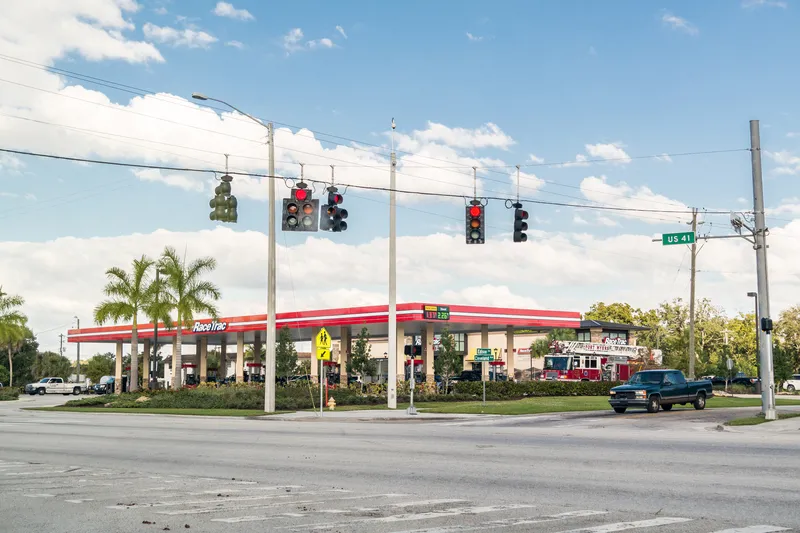
Siemens Mobility has been awarded a $150 million advanced traffic management system (ATMS) contract by Miami-Dade County, Florida.
It will involve upgrading 2,900 intersections and traffic corridors with ITS hardware and software in order to improve traffic flow.
The intersection technology will be connected to an integrated traffic management platform that will perform intelligent analytics, implement strategic measures and use real-time data to optimise travel times across the county based on actual demand, Siemens says.
Marcus Welz, the company's CEO of intelligent traffic systems for North America, says this "will ease congestion, reduce carbon emissions, and enhance quality of life by allowing Miami-Dade residents to spend 15% less time sitting in traffic".
Similar ATMS systems have recently been deployed by Siemens in the US cities of Seattle and Delaware, as well as London, UK and Bogota, Colombia.
Siemens already has 5,200 employees in Florida, including nearly 300 in Miami.
The system is designed "to quickly and efficiently counteract impending critical situations, as well as unpredictable traffic overloads and congestion," Siemens insists.
Its Sitraffic Concert platform supervises and coordinates the functionality of the ATMS system and will work directly with the Scoot (Split Cycle and Offset Optimisation Technique) adaptive traffic control system.
Traffic data such as vehicle counts and travel times, which is collected by Scoot at intersections, will be used within Sitraffic Concert to make network-wide management decisions.
This means operational adjustments can be sent to Scoot for real-time implementation at the intersection, which Siemens says will ensure public transit vehicles are kept on schedule and pedestrian safety is maximised.










